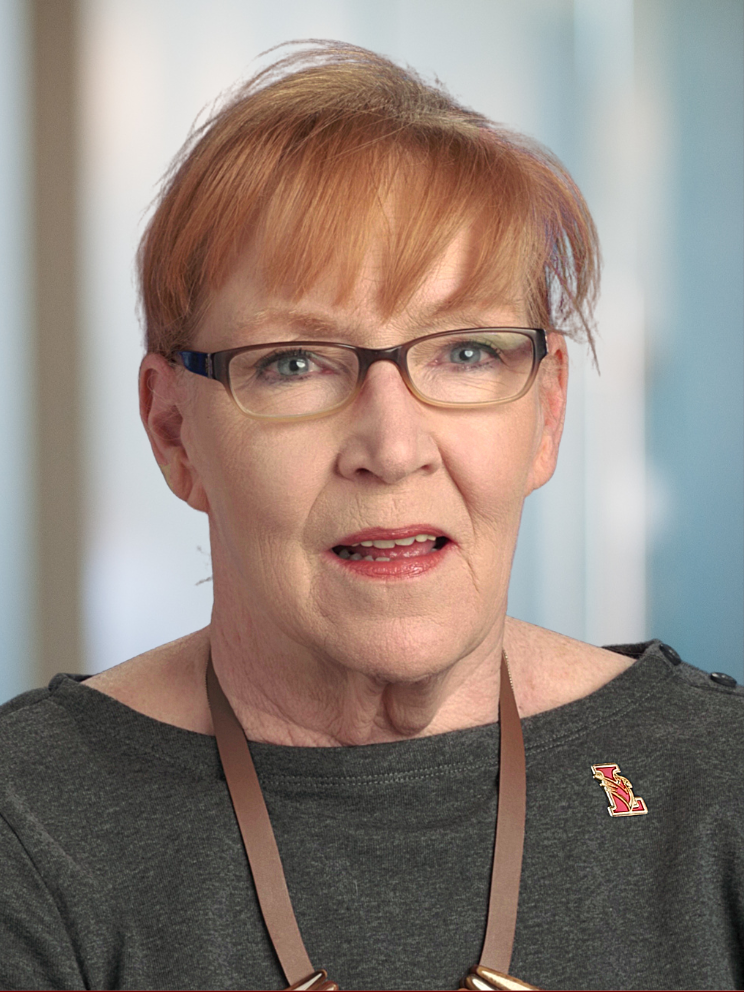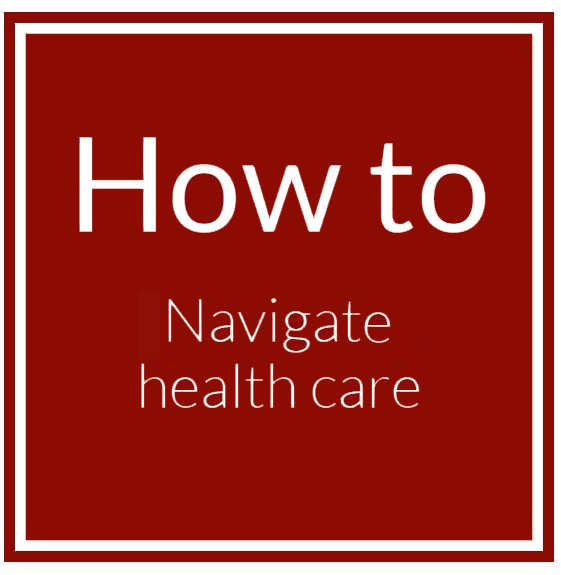My health care provider admonishes me for my excess weight and lack of exercise, but my lab results have been no cause for alarm. So I was taken aback when she called after my last exam to say my cholesterol numbers—while not in the danger zone—were inching up and that it is more important than ever to make some lifestyle changes.
I wanted immediate information on elevated cholesterol and treatments, so like 93 million Americans, I went online for answers, to hold me over until I could see my doctor in person.
At first I wasn’t sure where to look. Today, eggs are good; last week, they were bad. Is chocolate in or out? Paleo or Keto? I read the lifestyle magazines and get a few health newsletters, and they seem to contradict each other. So how does anyone sort through everything a simple search can yield? How can you judge if it’s out-of-date, incomplete, biased or just plain wrong?
The National Institutes of Health (NIH) offers a guide to finding quality health information online. Start by asking these five questions (suggested by the NIH):
Who runs or created the site or app? Can you trust them?
What is the site or app promising or offering? Do its claims seem too good to be true?
When was its information written or reviewed? Is it up-to-date?
Where does the information come from? Is it based on scientific research?
Why does the site or app exist? Is it selling something?
Most often, health and medical information websites sponsored by the US government, nonprofit health or medical organizations, and university-affiliated medical centers are the most trustworthy. Look for site URLs with the endings .gov, .org and .edu. Drug manufacturers, insurance companies and other for-profit entities could be trying to sell you their products, so when you see .com in the URL, buyer beware.
The Federal Trade Commission suggests MedlinePlus, which is easy to use and very thorough. That’s where I started, to make sure I understood my diagnosis of elevated cholesterol levels. My LDL (bad cholesterol) is on the rise, the probable cause being poor diet and lack of exercise, compounded by menopause. Heredity is a factor; we do have heart disease in the family.
Medline suggests two eating plans for my condition and discusses the pros and cons of statin drugs. Medline also suggests that I ask my doctor about herbal supplements that might help and for guidance on the amount of exercise that is right for me.
I also trust this list of healthy food choices from Harvard Medical School. Popular sites like WebMD and Dr. Oz have similar advice for lowering cholesterol, but sites like those may be beholden to their sponsors and advertisers.
I feel confident that by searching for a reliable source for information, I’m a better informed patient. Now I’m off to have some salmon with oatmeal and watch my LDL drop.

Pepper Evans works as an independent-living consultant, helping older adults age in place. She is the empty-nest mother of two adult daughters and has extensive personal and professional experience as a caregiver. She has worked as a researcher and editor for authors and filmmakers. She also puts her time and resources to use in the nonprofit sector and serves on the Board of Education in Lawrence Township, NJ.



